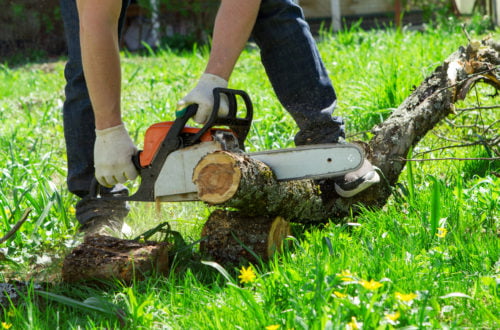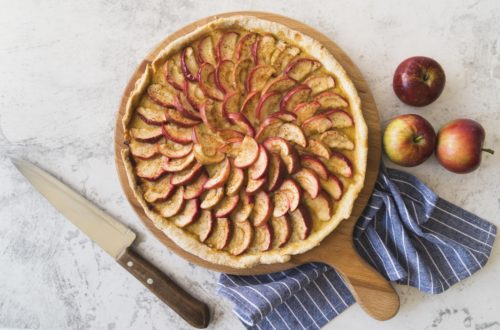How to Deal with Autumn Anxiety
The leaves are changing colors and the days are getting shorter; for many people, autumn is a time of anxiety. For some, it’s the anticipation of the busy holiday season. For others, it’s the fear of decreasing temperatures or the onset of winter weather. Regardless of the source of anxiety, many people find themselves struggling during autumn.

Anxiety is a feeling of unease, worry, or fear. It can be mild or intense, and it can be short-term or long-term. It can cause physical symptoms such as a racing heart or shortness of breath, and it can lead to behavioral changes such as avoiding social situations. Anxiety is a common problem, and it can be treated with therapy or medication.
Top 5 Reasons for Autumn Anxiety
1. The anticipation of the busy holiday season can cause autumn anxiety. Many people feel overwhelmed by the prospect of having to shop for gifts, prepare festive meals, and attend numerous parties.
2. Decreasing temperatures can cause autumn anxiety. For some people, the shift from warm autumn days to cold winter nights is difficult to cope with.
3. The onset of winter weather can cause autumn anxiety. Blizzards, ice storms, and wind chill can make life difficult and uncomfortable.
4. The change in seasons can cause autumn anxiety. For some people, the transition from summer to autumn or from fall to winter is difficult to manage.
5. Social isolation can cause autumn anxiety. When the days get shorter and colder, many people stay inside more often, which can lead to feelings of loneliness and isolation.
Symptoms of Autumn Anxiety
Symptoms of autumn anxiety can vary from person to person. For some, it may be a feeling of dread or unease. Others may feel overwhelmed by the many demands of the season. Some people may find their anxiety manifests as physical symptoms, such as headaches, a racing heart, or nausea. And for others, autumn anxiety may cause them to isolate themselves from friends and family.
If you’re one of the many people who suffer from autumn anxiety, there are some things you can do to ease your symptoms. First, try to identify the source of your anxiety. If it’s the holiday season, start planning early and delegate tasks to others. Weather could be the cause of your anxiety, if so, make sure you have a warm coat and appropriate clothing for the colder temperatures. If your anxiety is caused by a change in routine, try to stick to a schedule as much as possible.
Relief for Autumn Anxiety
In addition to addressing the source of your anxiety, there are some general tips that can help ease symptoms. Exercise is a great way to release tension and increase endorphins. Spend time outside every day, even if it’s just for a walk around the block. Make sure you’re getting enough sleep and eating a healthy diet. Avoid caffeine and alcohol, which can aggravate anxiety. Try diffusing some fall scented essential oils to relieve stress.
If you find yourself struggling despite following these tips, there are some other options to consider. Therapists who specialize in anxiety disorders can help you learn coping mechanisms and develop a plan to deal with your anxiety. Medications such as antidepressants or anti-anxiety medications may also be helpful in managing symptoms.
There are many natural ways to relieve autumn anxiety. Some people find relief through exercise or meditation. Others may find relief from spending time outside, surrounded by the changing leaves. Taking time for yourself and your own happiness is an important part of managing autumn anxiety. Investing in activities you enjoy, such as reading, baking, or taking walks, can help you to feel more relaxed and at ease during this time of year. Surrounding yourself with loved ones can also help to reduce feelings of anxiety. Whatever works best for you, be sure to take the time to relax and enjoy this special season.
Autumn anxiety and Teens
Autumn anxiety can affect teenagers just as it can adults. For teens, autumn anxiety may be caused by a number of factors. They may be anxious about the impending change in their life as they approach adulthood. Teens may feel overwhelmed by the many social demands of the season. They may also struggle with the changing weather and decreasing temperatures.
Teens who are struggling with autumn anxiety may exhibit a number of symptoms. They may isolate themselves from friends and family. They may have difficulty concentrating in school or completing their work. Teens may also experience physical symptoms such as headaches, a racing heart, or nausea.
If you suspect that your teen is struggling with autumn anxiety, there are things you can do to help them. Talk to them about what you’re noticing and listen to what they have to say. Encourage them to get regular exercise and plenty of sleep. Help them to develop a schedule that will help them stay organized and on track. And if necessary, seek professional help from a therapist who specializes in anxiety disorders.
If you’re struggling with autumn anxiety, remember that you’re not alone. Many people suffer from this type of anxiety, but there are ways to manage it. With some effort, you can make autumn a time of year that you enjoy.






